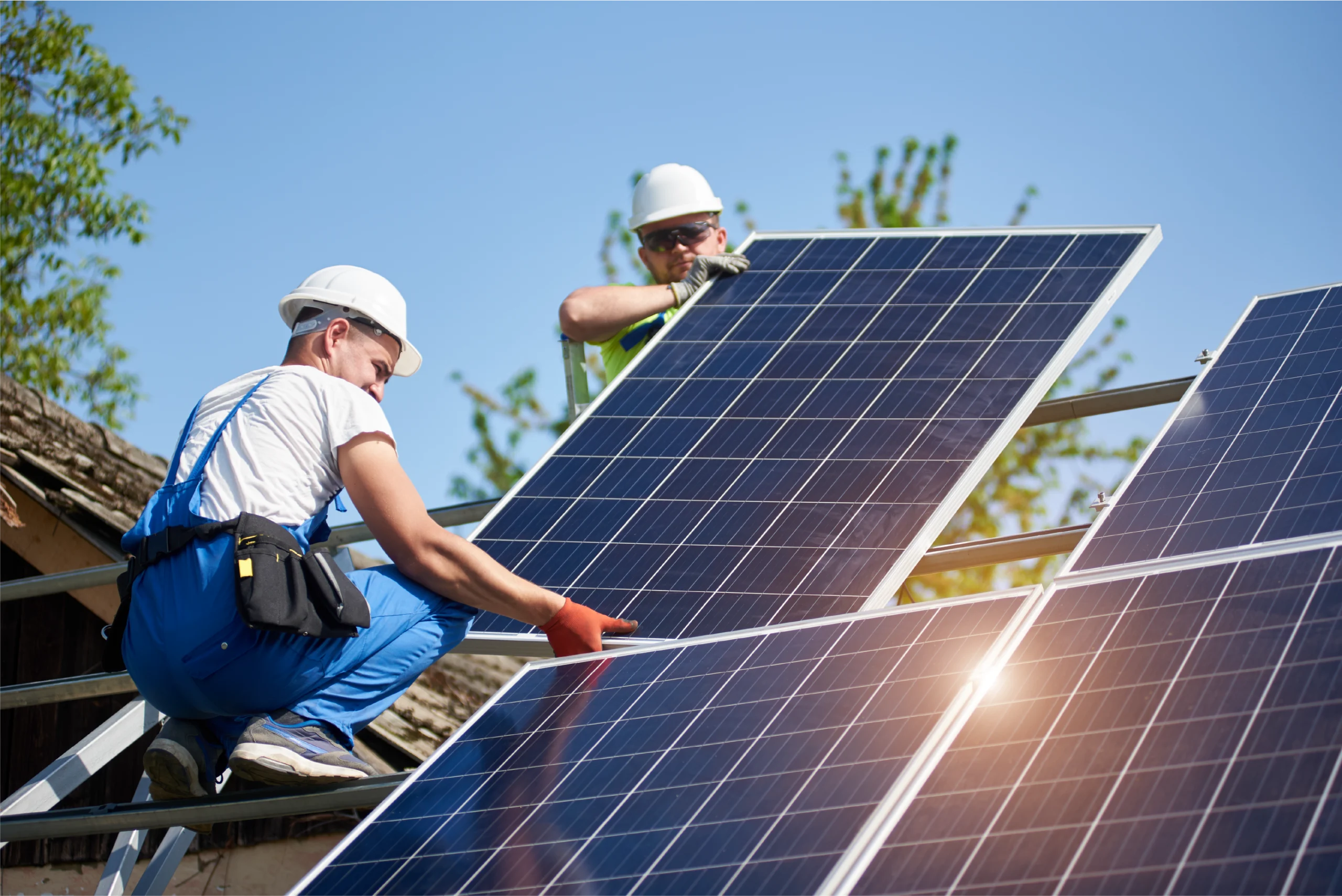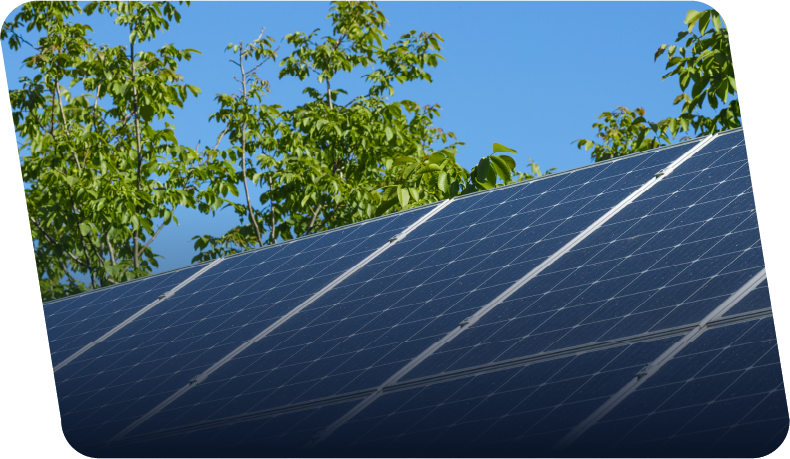With electricity prices in Australia rising by 25% in some regions, the call for a sustainable alternative grows louder. More homeowners are turning to renewable sources, including solar power. But before making the switch, it’s important to understand the solar energy advantages and disadvantages to determine whether it’s the right solution for your home.
In this blog, we’ll discuss solar power’s pros and cons, and answer some of the most common questions you may have about home solar systems.
The Advantages of Solar Energy
- Lower Electricity Bills
One of the biggest known advantages of solar energy is the potential for significant savings on your electricity bill. By generating your own power, you can rely less on the grid, especially during peak hours when rates tend to spike.
- Increased Energy Independence
With a solar panel system, particularly one paired with battery storage, your home becomes less reliant on external power sources. During blackouts or periods of high demand, you can draw from your stored solar energy, giving you the peace of mind and reliability you need from a power source.
- Positive Environmental Impact
Solar is a clean, green energy source. By installing panels, you’re actively reducing your carbon footprint. You might be wondering: can residential solar panels reduce emissions? The answer is yes—they play a direct role in reducing greenhouse gases by offsetting fossil fuel-based electricity.
- Added Property Value
Studies show that solar-equipped homes tend to sell faster and at a higher price. Curious to know if solar panels increase home value? The answer is often yes, particularly in sun-rich areas like Australia where solar is a desirable feature for energy-conscious buyers.
- Long-Term Investment with Local Benefits
Choosing an Australian-made solar system—like those offered by Core Energy Solutions—supports local manufacturing and ensures high-quality, long-lasting components. With proper maintenance, your system can serve you well for 25+ years.

The Disadvantages of Solar Energy
- Upfront Installation Costs
Though prices have come down in recent years, the initial investment for a solar system (especially when including a battery) can be significant. However, federal and state rebates can help offset these costs, making solar more accessible than ever.
- Weather Requirements
Solar panels work best in direct sunlight. Meaning one disadvantage of solar energy is during the cloudier days or if your home has a shaded roof, limiting efficiency. That said, many systems today are designed to function effectively even in less-than-ideal conditions.
- Space Requirements
To generate enough electricity to power your home, you’ll need ample roof space. Homes with limited or awkwardly shaped roofs might find it challenging to install enough panels for full coverage.
- Energy Storage Costs
If you want complete energy independence, you’ll likely need a battery system. While this adds flexibility and protection during blackouts, it also adds to the initial expense.
Is Solar Right for You?
The decision to invest in solar is a personal one, based on budget, lifestyle, home layout, and energy usage. But with so many clear benefits, it’s easy to see why Australians are opting for solar energy options.
Still wondering, is solar completely renewable? Yes, the sun is an abundant, endlessly renewable resource, making solar one of the most sustainable energy choices available today.
By understanding both the solar energy advantages and disadvantages, you’re better equipped to decide if solar suits your home’s needs. If you’re ready to take the next step, Core Energy Solutions can help you explore tailored systems that match your goals, whether that’s saving money, protecting the planet, or boosting your property’s value.
